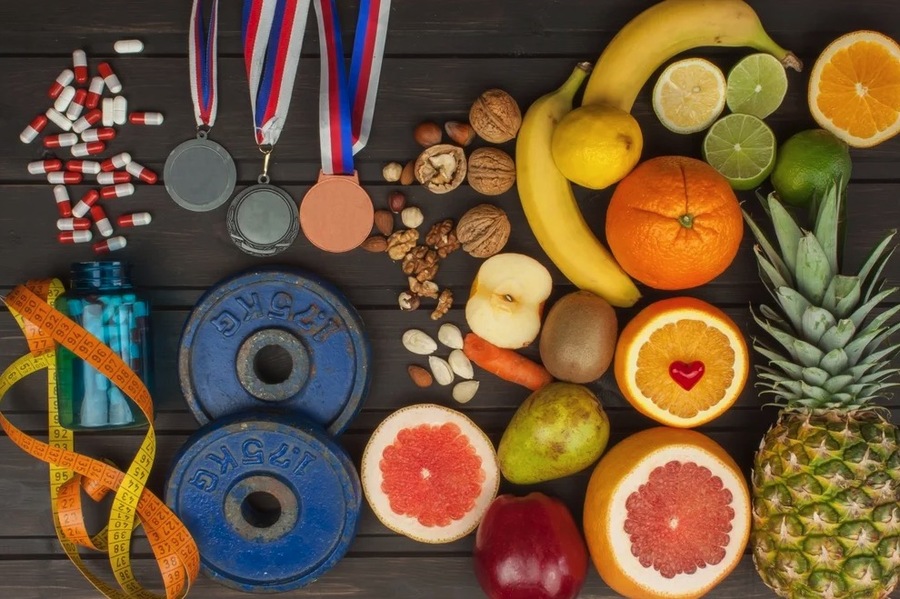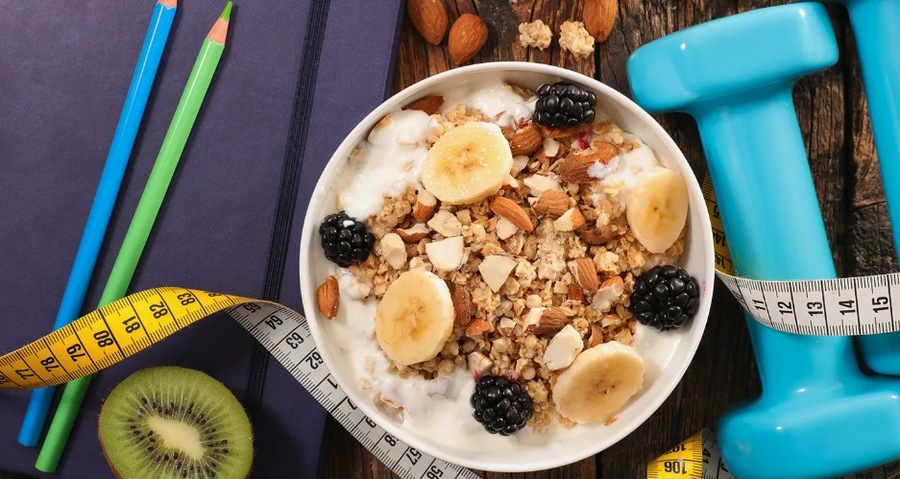
Nutrition Tips for Young Gymnasts: Fueling Excellence
Gymnastics is a sport of grace, strength, and precision. Young gymnasts need the right nutrients to perform their best and develop their skills safely. Let’s dive into the essentials of nutrition for these budding athletes. You can then go ahead and register your child at Stamina 11 for gymnastics.
Why Nutrition Matters for Young Gymnasts
Gymnastics demands a lot from the body—strength, flexibility, and endurance. Proper nutrition provides the energy and nutrients needed to support intense training, recovery, and growth. For young gymnasts who are still developing physically and mentally, getting the right nutrients is crucial for overall health and performance.
Daily Nutrition Requirements for Gymnasts
- Protein: Essential for muscle repair and growth.
- Carbohydrates: The primary energy source for training and competition.
- Fats: Necessary for energy and supporting cell function.
- Vitamins and Minerals: Vital for overall health, including bone strength and immune function.
- Hydration: Crucial for maintaining performance and preventing dehydration.

Health Concerns If Nutritional Needs Aren’t Met
Without proper nutrition, young gymnasts can face several health issues:
- Fatigue and low energy levels: Leading to poor performance and increased injury risk.
- Delayed recovery: Slower muscle repair can hinder progress.
- Weakened immune system: Increased susceptibility to illness.
- Stunted growth: Inadequate nutrients can affect overall development.
Nutritional Requirements Based on Gender
While both male and female gymnasts need a balanced diet, there are slight differences:
- Males: Typically require more calories due to higher muscle mass.
- Females: Need adequate iron to prevent deficiencies, especially during menstruation.
Signs of Adequate Nutrition
- Consistent energy levels throughout training.
- Quick recovery and minimal muscle soreness.
- Healthy growth patterns and body development.
- Clear skin and strong nails.
- Good overall health and fewer illnesses.
Breakdown of Essential Nutrients
Protein: Crucial for repairing and building muscles. Sources include lean meats, eggs, dairy, beans, and nuts.
Carbohydrates: Provide quick energy. Focus on complex carbs like whole grains, fruits, and vegetables.
Fats: Support long-term energy needs and cell functions. Include healthy fats from avocados, nuts, seeds, and fish.
Hydration Tips
Staying hydrated is vital. Water is the best choice, but for intense training sessions, electrolyte drinks can help replace lost minerals. Encourage regular sips of water before, during, and after training.
Meal Timings and Patterns
Regular meals and snacks are important to maintain energy levels. Aim for:
- Breakfast: Kickstarts metabolism and provides morning energy.
- Lunch and Dinner: Balanced meals with protein, carbs, and fats.
- Snacks: Healthy options between meals to sustain energy.
Avoid overly restrictive diets, as they can lead to nutrient deficiencies and eating disorders. Balance is key!
Healthy Snack Options
- Greek yogurt with fruit
- Whole grain crackers with cheese
- Apple slices with peanut butter
- Smoothies with veggies and protein powder
- Hummus with carrot sticks

Indulging in Unhealthy Foods
Moderation is important. Occasional treats are fine but focus on balanced meals most of the time. A well-rounded diet ensures young gymnasts get all the nutrients they need. Tips for Getting Started
- Plan Ahead: Prepare meals and snacks in advance.
- Stay Hydrated: Carry a water bottle everywhere.
- Balance Your Plate: Include a mix of protein, carbs, and fats.
- Listen to Your Body: Eat when hungry, stop when full.
- Seek Guidance: Work with a nutritionist or coach to create a personalized plan.
By following these tips, young gymnasts can fuel their bodies for success, ensuring they have the energy and strength to shine in their sport!

Soccer lover, loves to cook, guitarist. Specializes in administrative technology and is responsible for educating other employees on using progressive systems and applications.